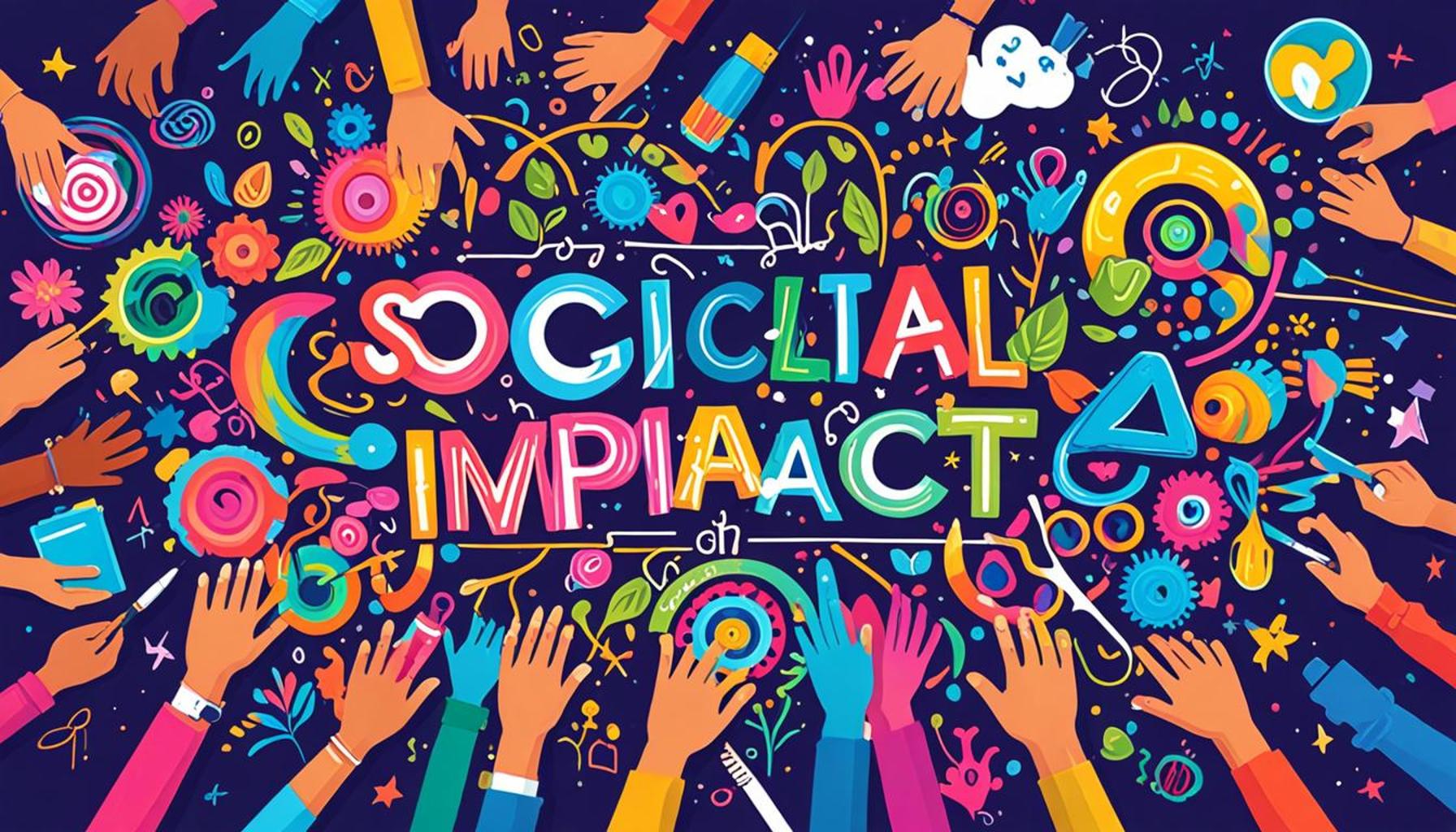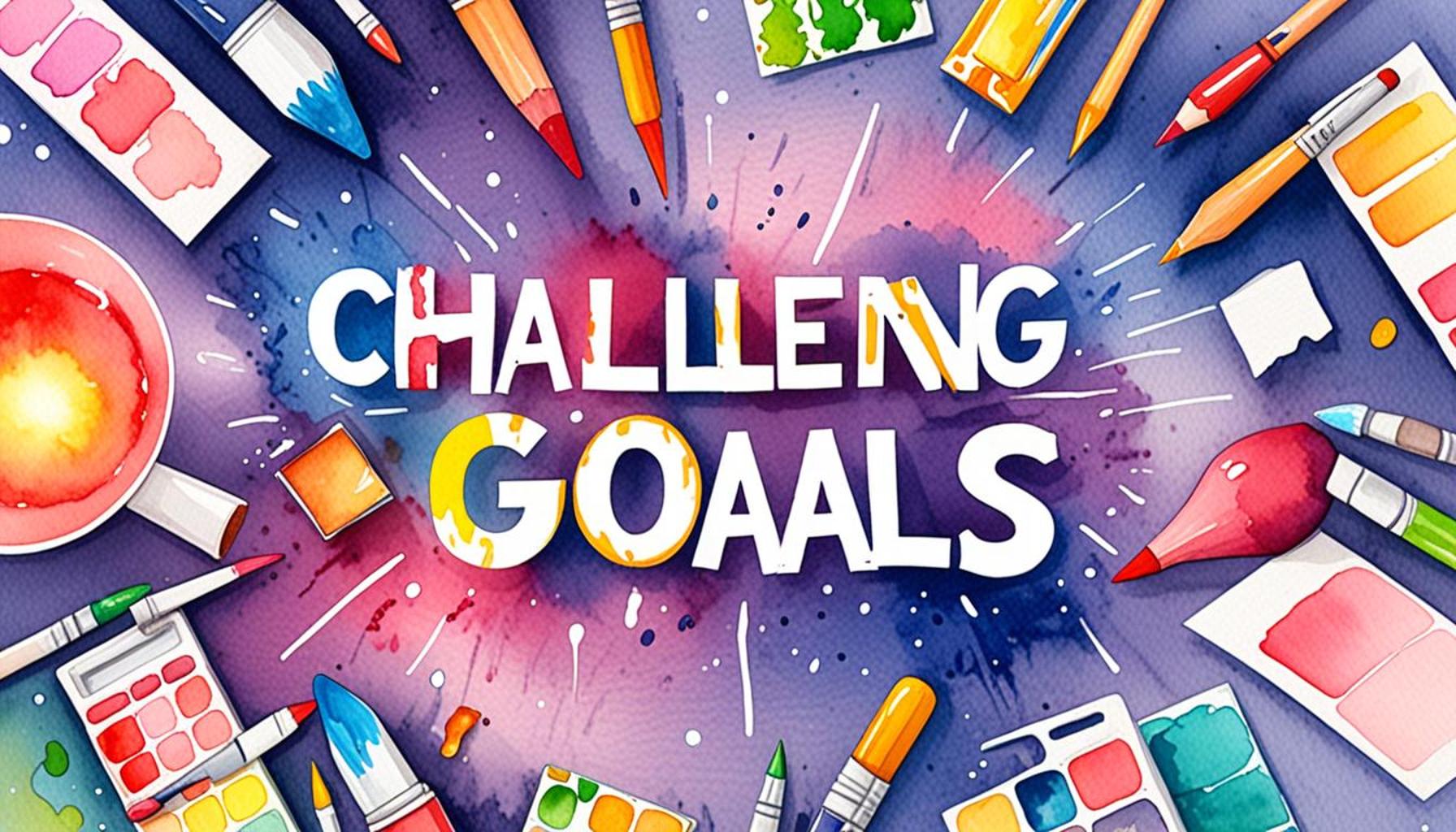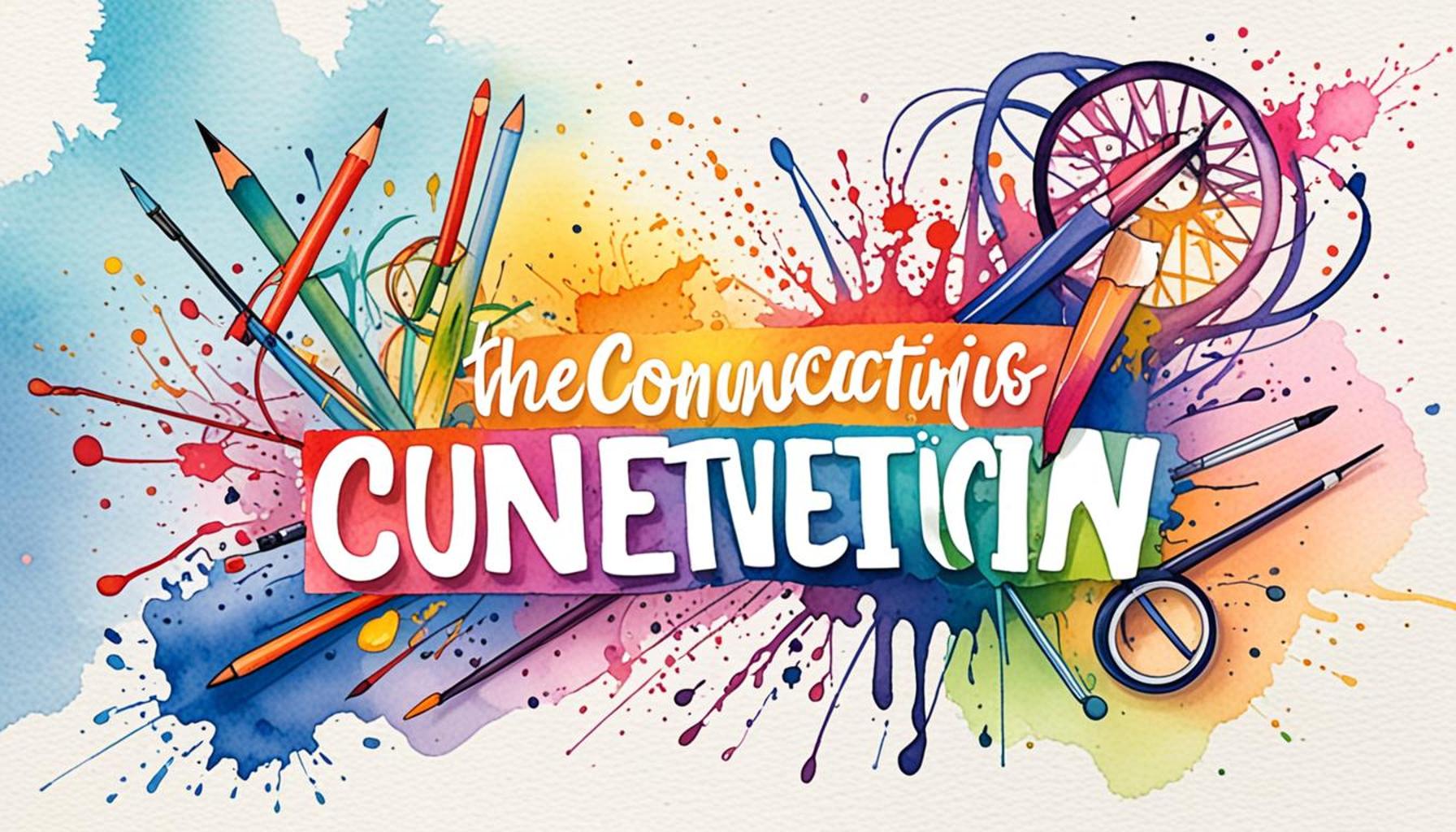Strategies to Review and Adjust Personal Goals in a Constantly Changing Environment

The Importance of Reviewing Personal Goals
In today’s fast-paced world, the need to regularly review and adjust personal goals is essential for success. The landscape around us, influenced by technology, market trends, and social dynamics, demands flexibility and resilience. Whether you’re a student pursuing education, an entrepreneur launching a business, or a professional climbing the career ladder, adapting your aspirations is crucial for maintaining relevance and achieving desired outcomes.
Consider the following factors that contribute to a shifting environment:
- Technological advancements: The rapid growth of technology, particularly in communication and information sharing, necessitates that individuals frequently update their skills and knowledge. For example, a graphic designer in Nigeria must stay ahead of software updates and design trends to remain competitive.
- Economic fluctuations: Changes in economic conditions can significantly influence personal and professional ambitions. The Nigerian economy, like many others, experiences cycles of growth and recession that affect job availability, investment opportunities, and consumer behavior.
- Social trends and changes in community needs: With youth making up a significant proportion of Nigeria’s population, understanding shifts in social consciousness—such as the demand for sustainable practices or digital literacy—can pivot one’s focus towards more fulfilling and impactful goals.
In Nigeria, where entrepreneurial spirit is vibrant, economic changes can significantly impact personal and professional goals. For instance, the rise of e-commerce driven by increased internet penetration has enabled many Nigerians to rethink traditional business models. Adapting to these changes can mean the difference between stagnant progress and thriving advancement.
To ensure that your aspirations remain aligned with reality, incorporating effective strategies is essential. Here are some strategies to contemplate:
- Periodic Self-Assessment: Reflecting on your strengths, weaknesses, and achievements regularly allows for realignment of your goals. This strategy encourages you to identify what works and what doesn’t, ensuring you remain on the path of continuous improvement.
- Staying Informed on Industry Trends: Keeping up with the latest developments in your field, whether through social media, webinars, or industry journals, helps you stay ahead. For instance, if you are in the tech sector, understanding new programming languages or frameworks is crucial for career advancement.
- Setting SMART Goals: Goals that are Specific, Measurable, Achievable, Relevant, and Time-bound provide a clear framework for success. By adhering to this structure, you can create a roadmap that guides your journey and allows you to measure your progress effectively.
In the following sections, we will delve deeper into these strategies, providing you with the tools necessary to navigate the ever-changing landscape of your aspirations. The skills you develop through this process will not only help you achieve your personal and professional goals but also contribute to the larger narrative of growth and innovation in Nigeria.

YOU MAY ALSO LIKE: Read read another article
Effective Strategies for Goal Review and Adjustment
To thrive in an environment that is constantly evolving, individuals need to embrace a proactive approach to reviewing and adjusting their personal goals. Implementing effective strategies can make all the difference in how you respond to the challenges posed by changes in technology, economy, and societal expectations. Below, we explore several key tactics that can help individuals keep their goals relevant and impactful.
1. Conducting Regular Self-Assessments
Self-assessment acts as a vital tool for personal growth. By scheduling periodic check-ins with yourself, you can critically analyze your achievements and setbacks. Ask yourself thought-provoking questions: What goals have I accomplished? Where did I struggle? What changes in my circumstances might warrant a shift in my focus? This reflection enables you to create an honest evaluation of your skills and aspirations. In Nigeria’s dynamic landscape, where opportunities can arise unexpectedly, a well-timed assessment might reveal a new direction that aligns with both your ambitions and the evolving market needs.
2. Staying Ahead with Industry Knowledge
Ignorance can be a significant barrier, especially in rapidly advancing sectors. Staying informed about industry trends—whether in finance, technology, or agriculture—can empower you to adjust your goals in response to emerging opportunities. For instance, consider the rise of fintech in Nigeria, where numerous startups are shaping the financial landscape. Acknowledging trends like cashless transactions or mobile banking services can inspire you to enhance your digital marketing skills, allowing your goals to reflect the current needs of consumers. Sources such as tech newsletters, local seminars, and online platforms can provide invaluable insights to guide your journey.
3. Implementing the SMART Framework
Another powerful strategy involves the creation of SMART goals, which stand for Specific, Measurable, Achievable, Relevant, and Time-bound. This framework allows for a clearer understanding of what you aspire to achieve and how you will measure your success. For example, rather than vaguely stating you want to “become a better public speaker,” a SMART goal would be, “I will deliver three presentations to local community groups within the next six months, receiving feedback on my performance.” This specificity makes it easier to track progress and adjust your approach as needed.
4. Embracing Flexibility in Goal Setting
Life seldom follows a predictable path. Embracing flexibility in goal setting means being open to readjusting your aspirations in response to unforeseen events, such as economic downturns or health crises. By cultivating an adaptable mindset, you increase your ability to pivot, ensuring that your goals remain relevant even in times of uncertainty. For example, during the COVID-19 pandemic, many entrepreneurs had to shift their businesses online. Those who quickly adapted their goals to fit e-commerce trends not only survived but thrived in a new business environment.
The strategies outlined here provide a robust framework for periodically reassessing your personal goals in a changing environment. By actively engaging in self-reflection, staying informed of industry trends, implementing SMART goals, and maintaining flexibility, you equip yourself with the tools necessary for sustained success. The path to achieving your ambitions is not static; it requires ongoing adjustments that reflect both personal growth and environmental dynamics.
| Category | Key Features |
|---|---|
| Flexibility | Embracing change allows for ongoing reassessment of what is truly important, adapting goals to current circumstances. |
| Accountability | Regular check-ins with oneself or a mentor facilitate accountability, ensuring one stays aligned with their goals amid shifting priorities. |
| Resilience | Developing resilience equips individuals to bounce back from setbacks, embracing failures as opportunities for growth. |
| Networking | Building networks can lead to new insights and collaborative opportunities, enriching the personal goal-setting process. |
The dynamic nature of our world necessitates that individuals often revisit their personal goals. With strategies such as establishing flexibility, maintaining accountability, building resilience, and fostering networking opportunities, you can effectively navigate the uncertainties of life. This critical self-assessment ensures your goals remain relevant and aligned with your evolving aspirations and the external environment. By understanding these strategies, you open doors to personal development and increased satisfaction in all your endeavors, making it essential to explore these tools further.
SEE ALSO: Click here to read another article
Navigating Change Through Adaptable Strategies
In a world brimming with unpredictability, the capacity to review and adjust personal goals becomes essential for maintaining a sense of purpose and direction. To adequately navigate such a fluid landscape, individuals can employ a variety of strategies that allow them to pivot effectively while still pursuing their aspirations. Below are additional tactics that can further enhance your goal-setting journey.
5. Involving Feedback Loops
Implementing a consistent feedback loop can be incredibly beneficial in refining your goals. This involves seeking constructive criticism from trusted peers, mentors, or even family members. By sharing your objectives and progress, you open yourself up to diverse perspectives that can highlight potential blind spots. For instance, if you’re striving to develop your career in Nigeria’s burgeoning tech ecosystem, obtaining feedback from experienced professionals can guide you toward relevant certifications or skills that may enhance your employability. Regular updates and discussions can also provide motivation as accountability helps ensure you stay the course when challenges arise.
6. Leveraging Networking Opportunities
Networking serves as a powerful conduit for goal refinement and awareness of new opportunities. Connecting with like-minded individuals or industry leaders can provide insights into tools, strategies, and practices that could align with your personal growth objectives. Participate in workshops, conferences, or local meet-ups focused on your field of interest. This engagement not only exposes you to diverse viewpoints but also offers chances to discover collaborations that can reshape your goals. In Nigeria, platforms like the Lagos Innovates initiative foster networking among tech enthusiasts, presenting fresh avenues for entrepreneurial aspirations.
7. Emphasizing Personal Sustainability
In any plan for growth, sustainability must be at the forefront. It’s vital to consider not only what you want to achieve but also your well-being during the journey. Establishing sustainable goals involves striking a balance between ambition and your resources, including time, mental health, and financial stability. For example, if you’re pursuing additional educational qualifications, ensure that this goal doesn’t compromise your work-life balance, especially in a demanding economy like Nigeria’s. Prioritize self-care and enable yourself to adapt goals that harmonize with your lifestyle rather than those that create excessive stress or push you beyond your limits.
8. Utilizing Digital Tools for Tracking Progress
Today, technology offers a myriad of applications designed to enhance personal productivity and goal tracking. Utilizing these digital tools can simplify the process of adjusting your goals based on ongoing evaluation. For instance, apps like Notion or Trello help in organizing tasks, setting deadlines, and receiving reminders for important objectives. In a rapidly changing environment, such tools can offer clarity by visualizing progress and identifying areas that may need adjustment, enhancing your ability to stay proactive rather than reactive.
By employing the strategies highlighted above, individuals can gain substantial leverage in reviewing and adjusting their personal goals. Whether it’s inviting feedback, expanding networks, prioritizing sustainability, or harnessing the power of digital tools, these approaches equip you with actionable insights geared towards fostering resilience in the face of change. Ultimately, personal growth is an evolving journey, and the capacity to readjust your goals in response to an ever-shifting landscape will significantly enhance your potential for success.
YOU MAY ALSO LIKE: Read read another article
Conclusion: Embracing Change for Personal Growth
In conclusion, the journey of personal goal setting is as dynamic as the environments in which we live and work. Adapting to change is not merely an option; it is a necessity for anyone seeking to achieve their aspirations in a rapidly evolving world. By integrating strategies such as feedback loops, networking, and emphasizing personal sustainability, individuals can foster a flexible framework that allows for constant reassessment of their goals. The integration of digital tools also plays a vital role, simplifying the process of tracking progress and highlighting areas that may require adjustment.
Moreover, as many individuals in Nigeria face unique societal and economic challenges, these strategies can be particularly relevant in providing direction amidst uncertainty. Encouraging a mindset that values adaptability and resilience can transform barriers into opportunities. Not only does it empower individuals to refine their ambitions, but it also promotes a community spirit where shared experiences can guide collective growth.
Ultimately, as you endeavor on your path toward personal success, remember that your goals are not set in stone; they are meant to evolve with you. Embrace the fluid nature of your aspirations, remain open to new possibilities, and continuously seek to align your objectives with the realities around you. By doing so, you will not only enhance your ability to navigate change but will also enrich your overall journey of personal development.


